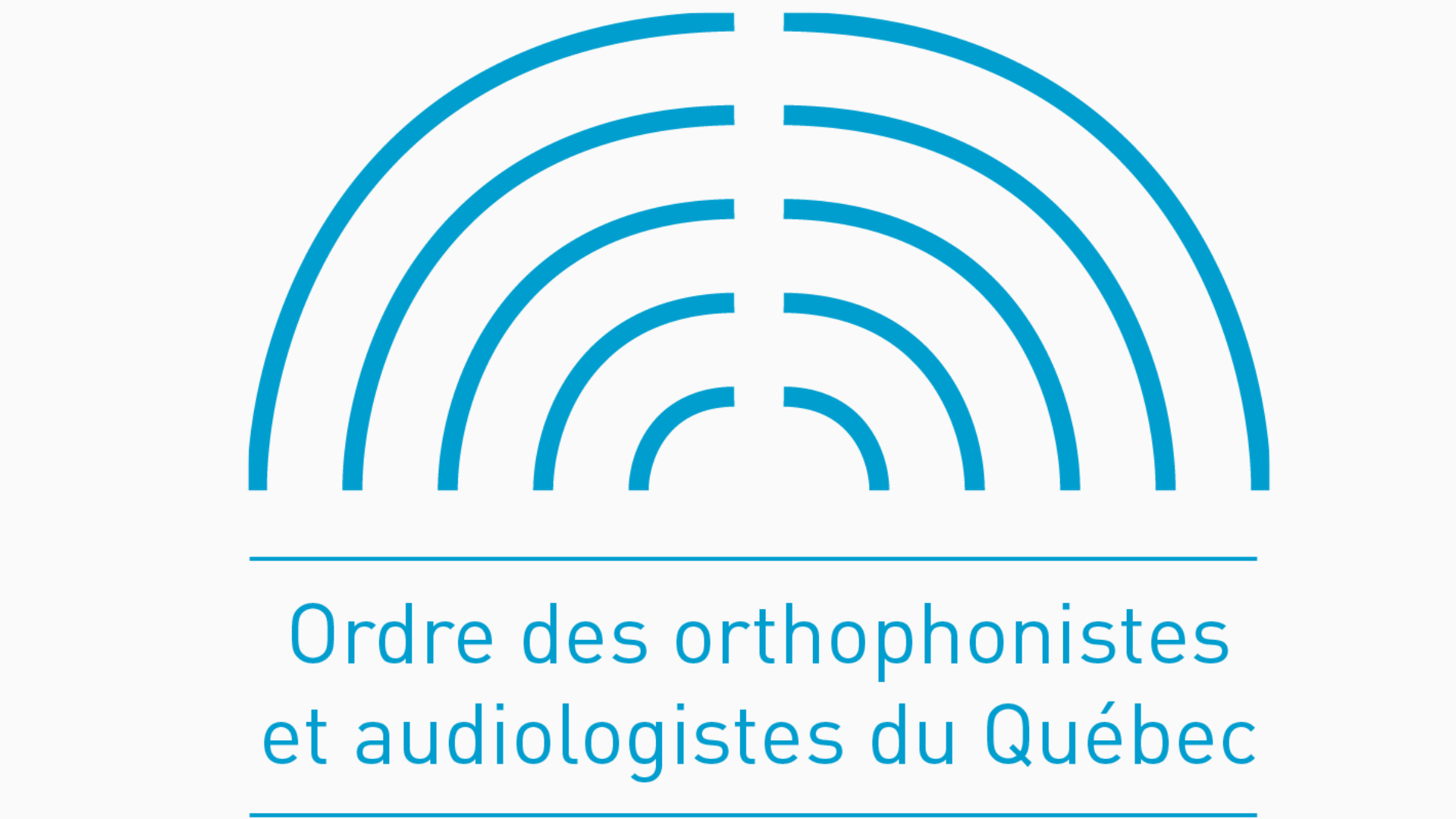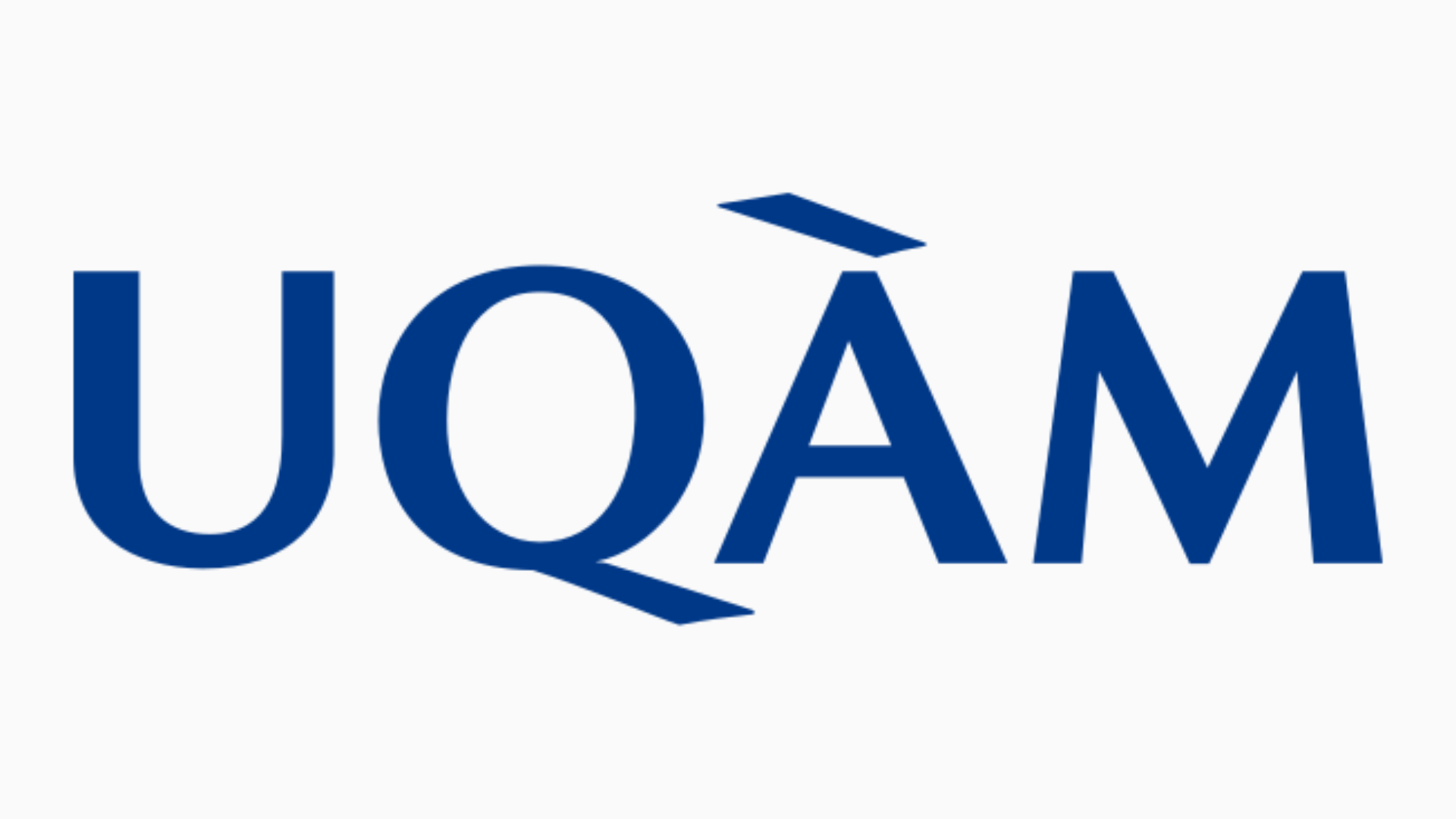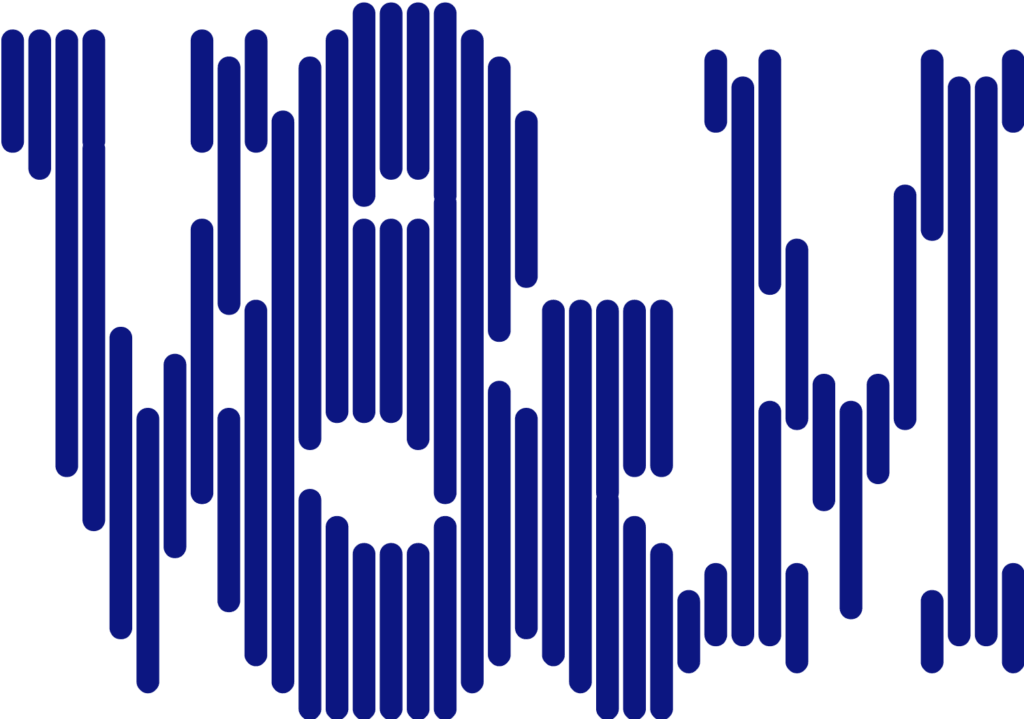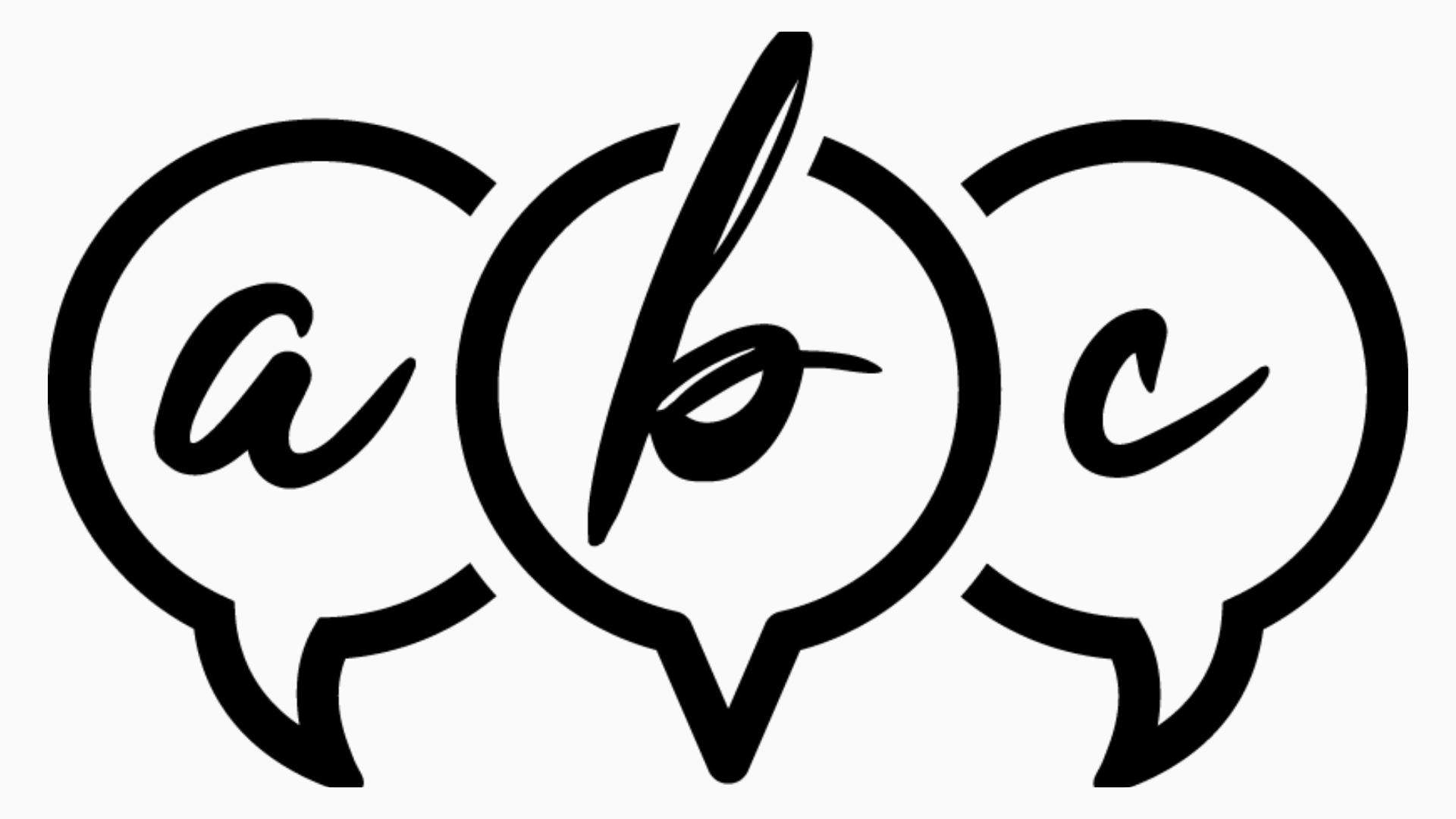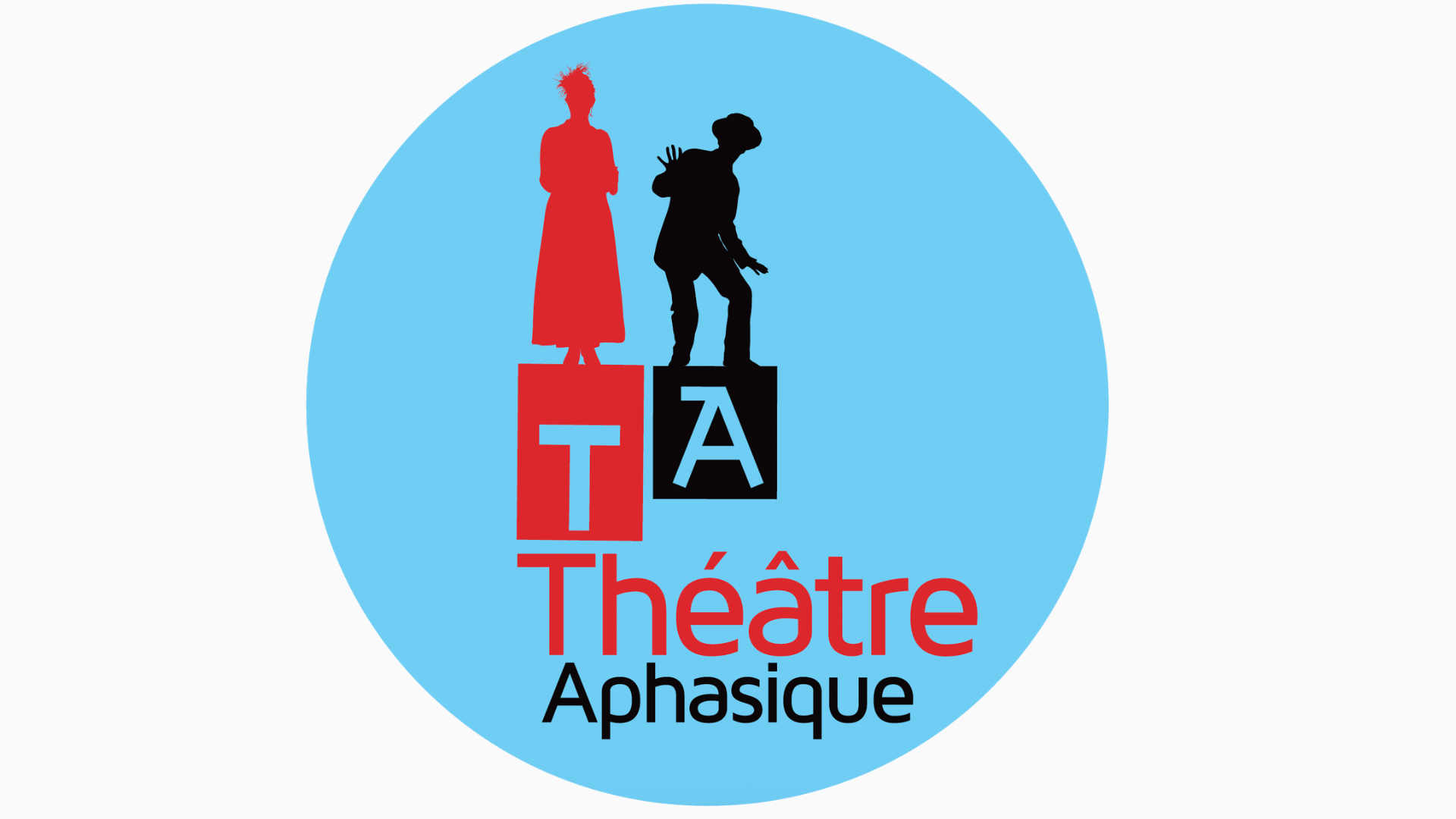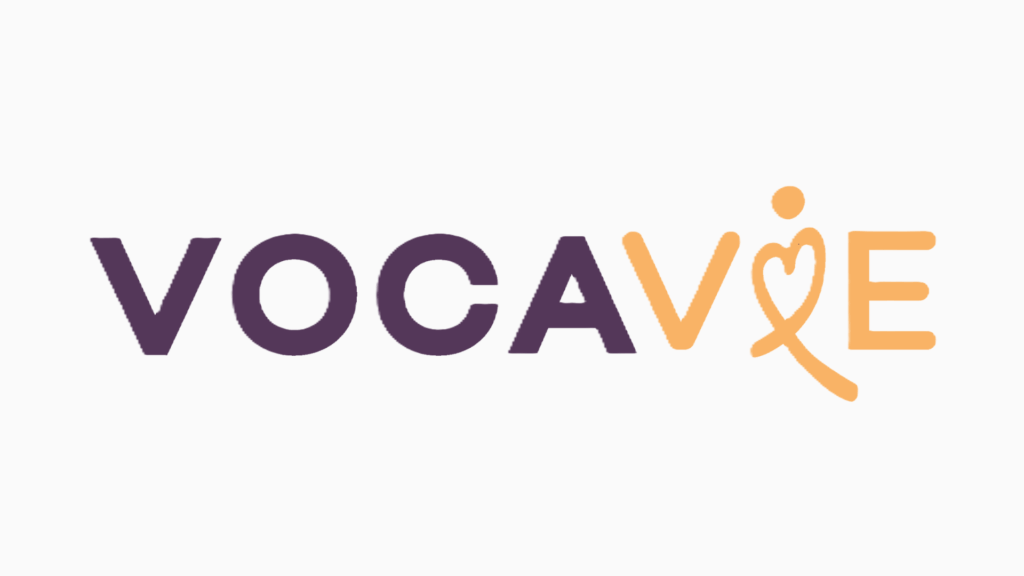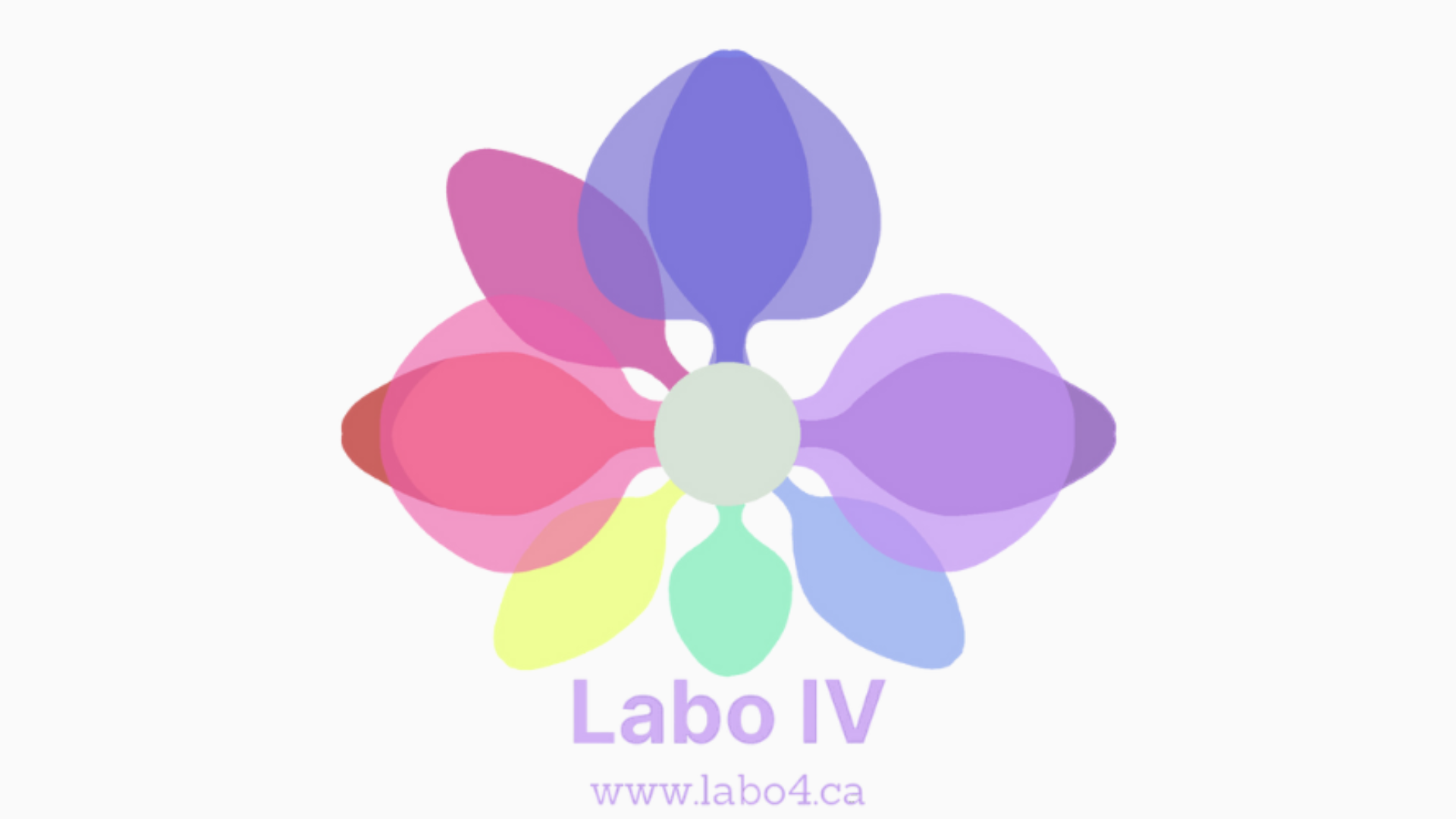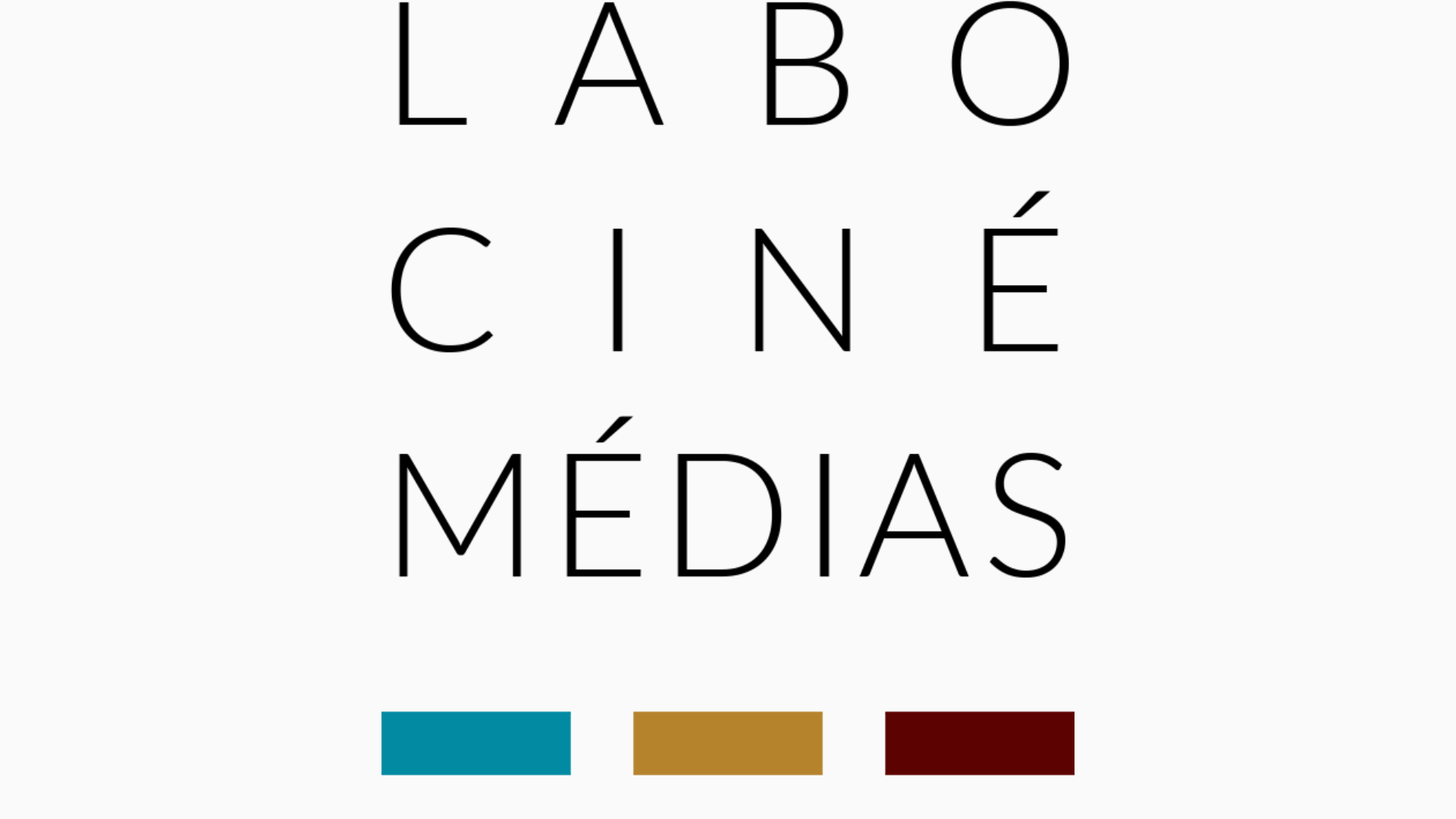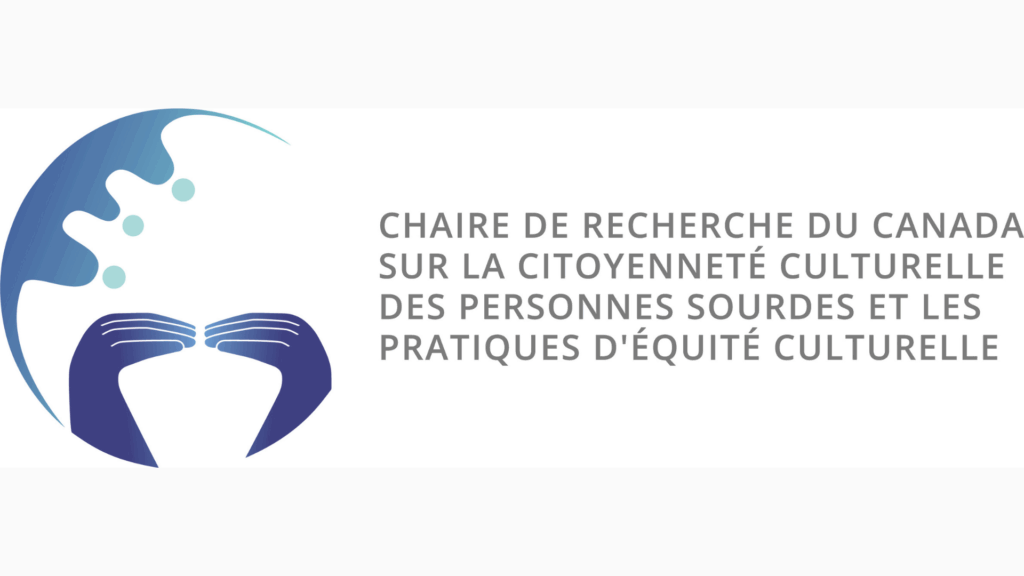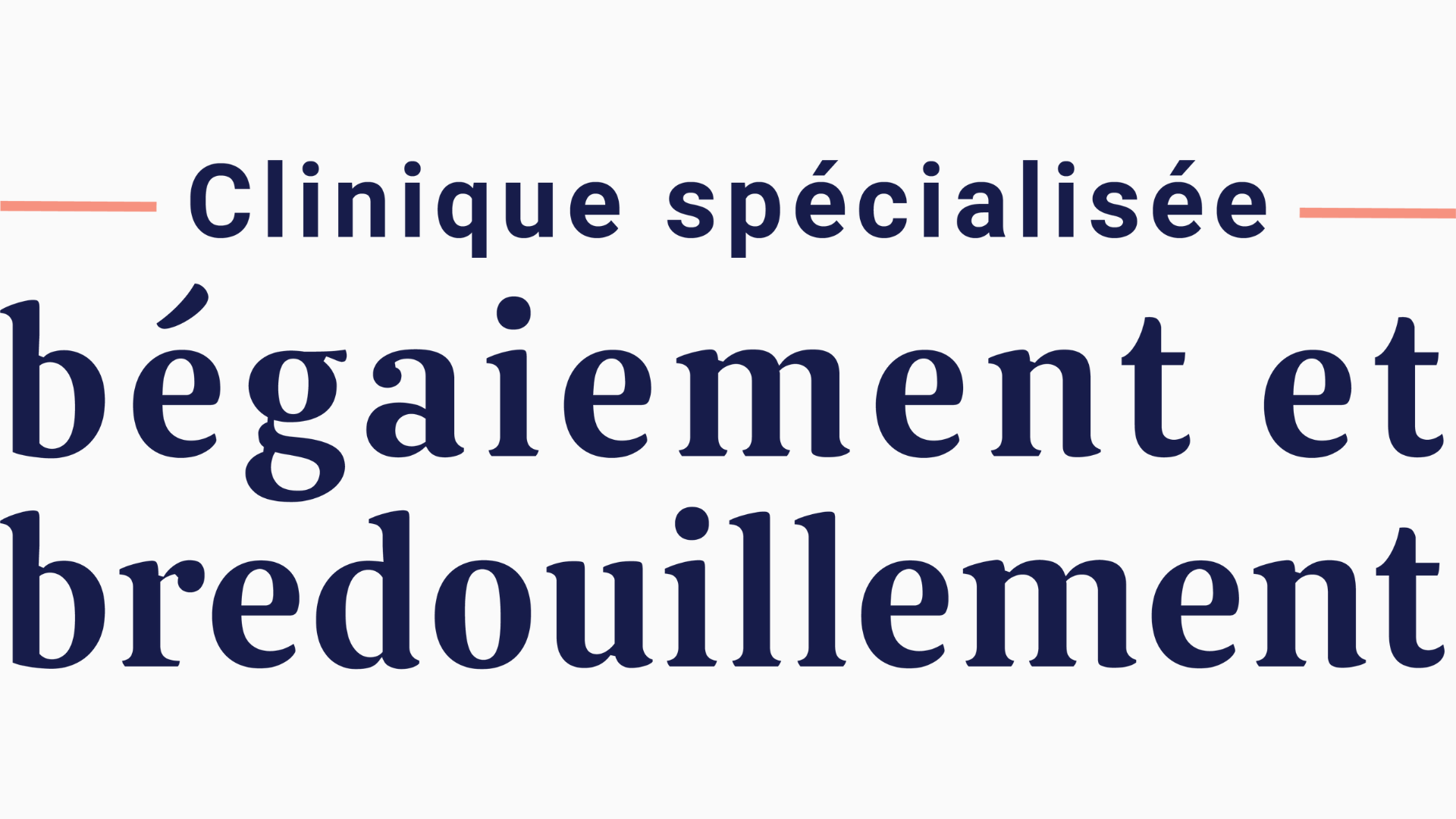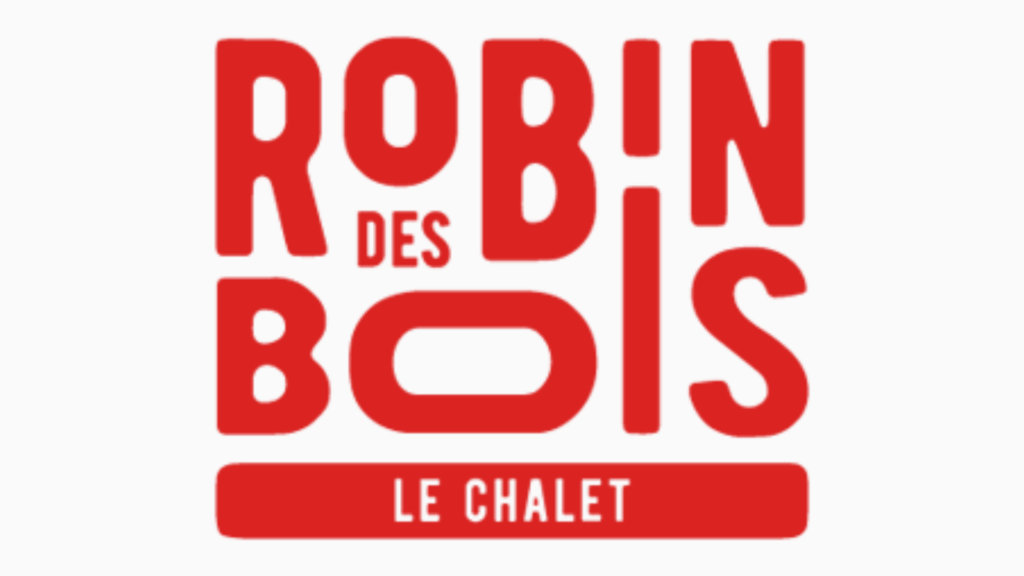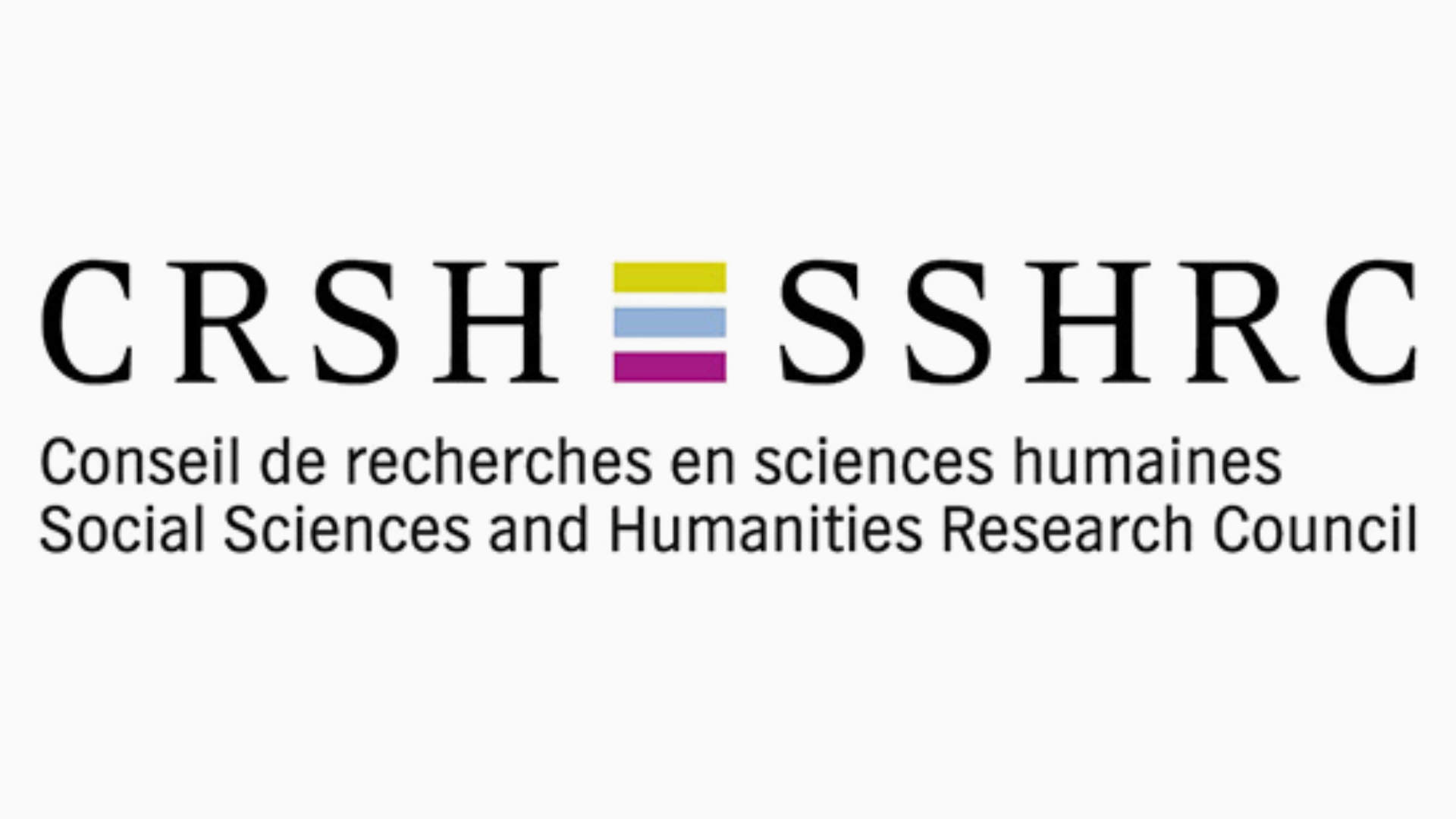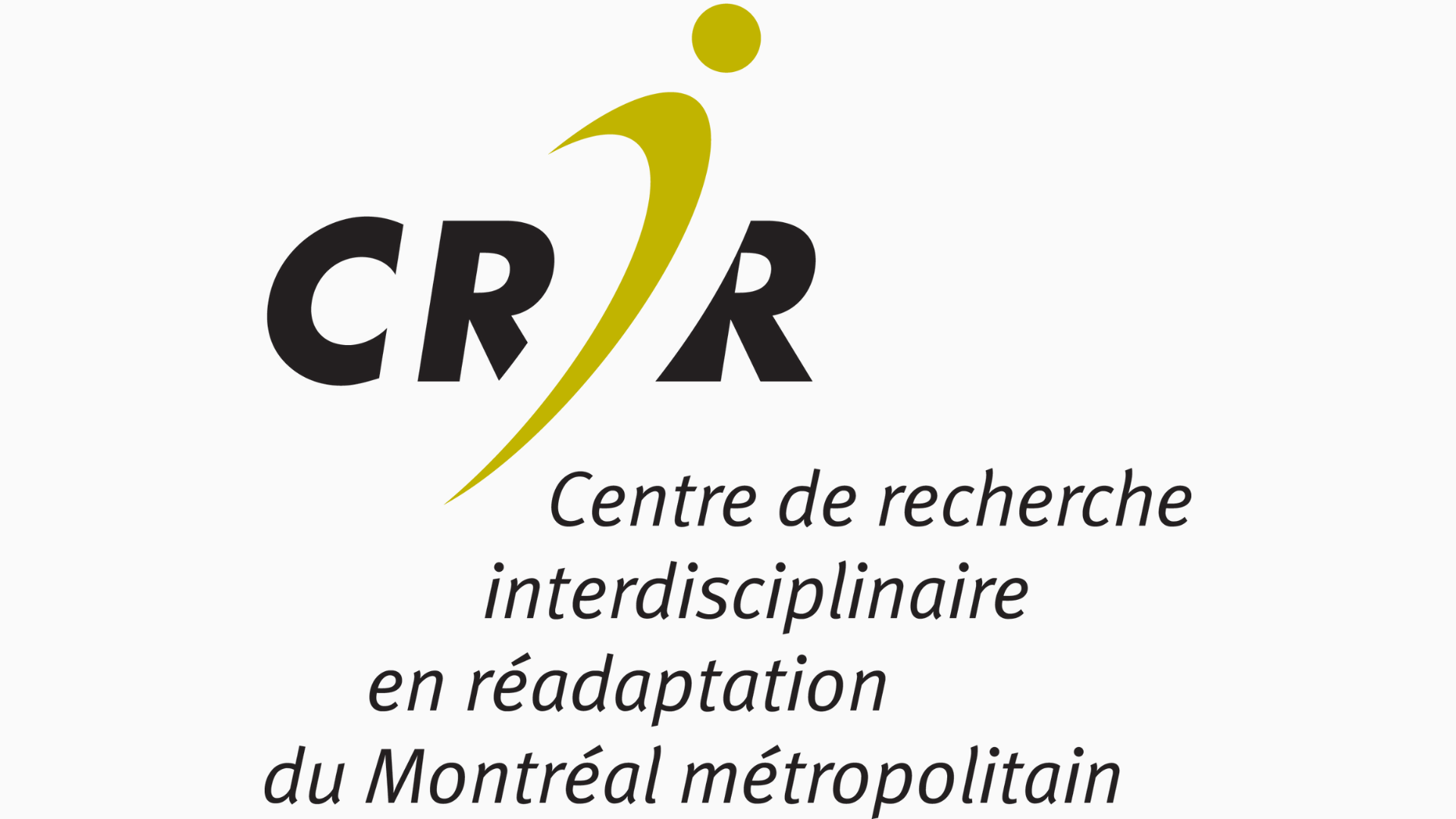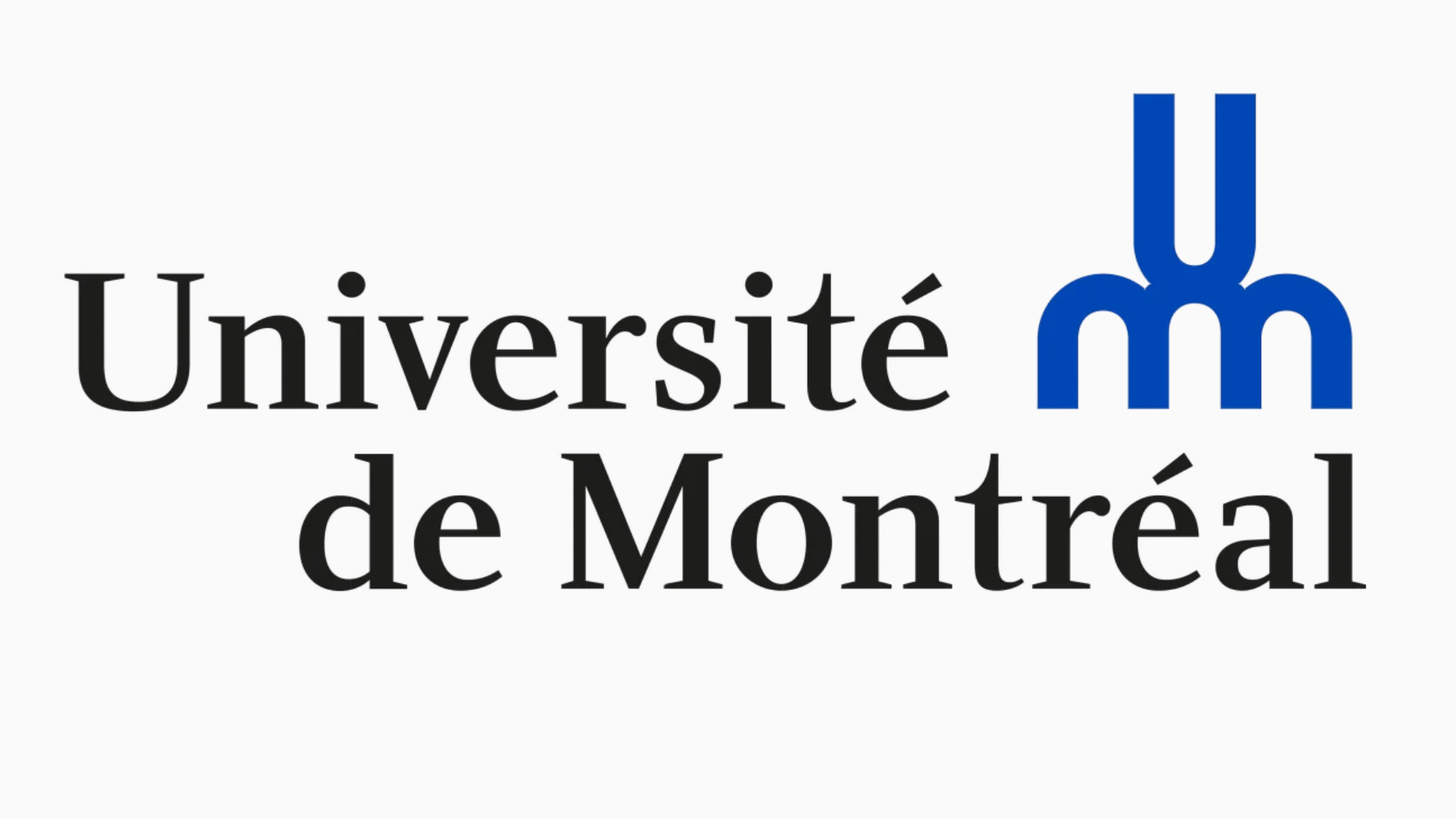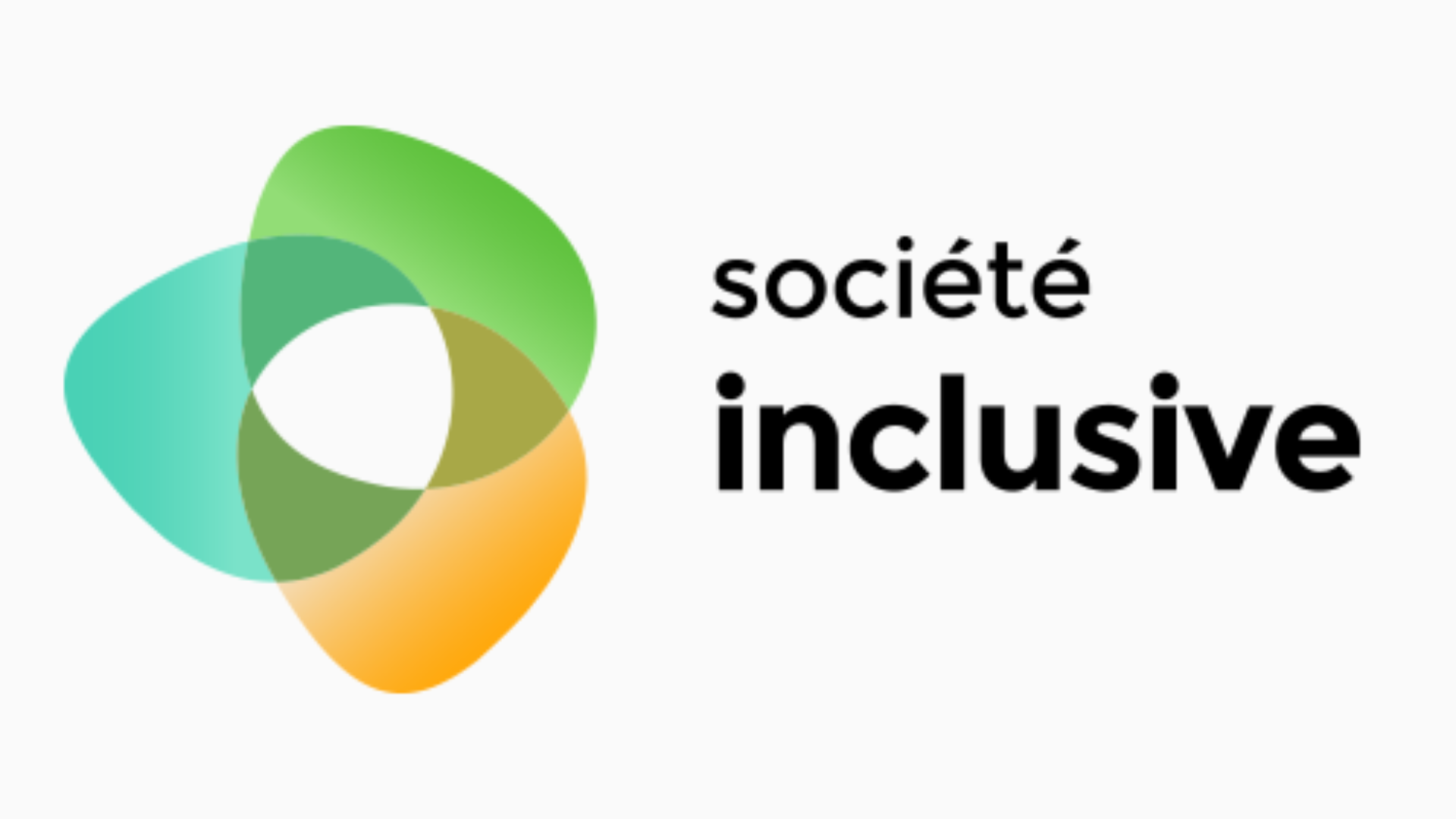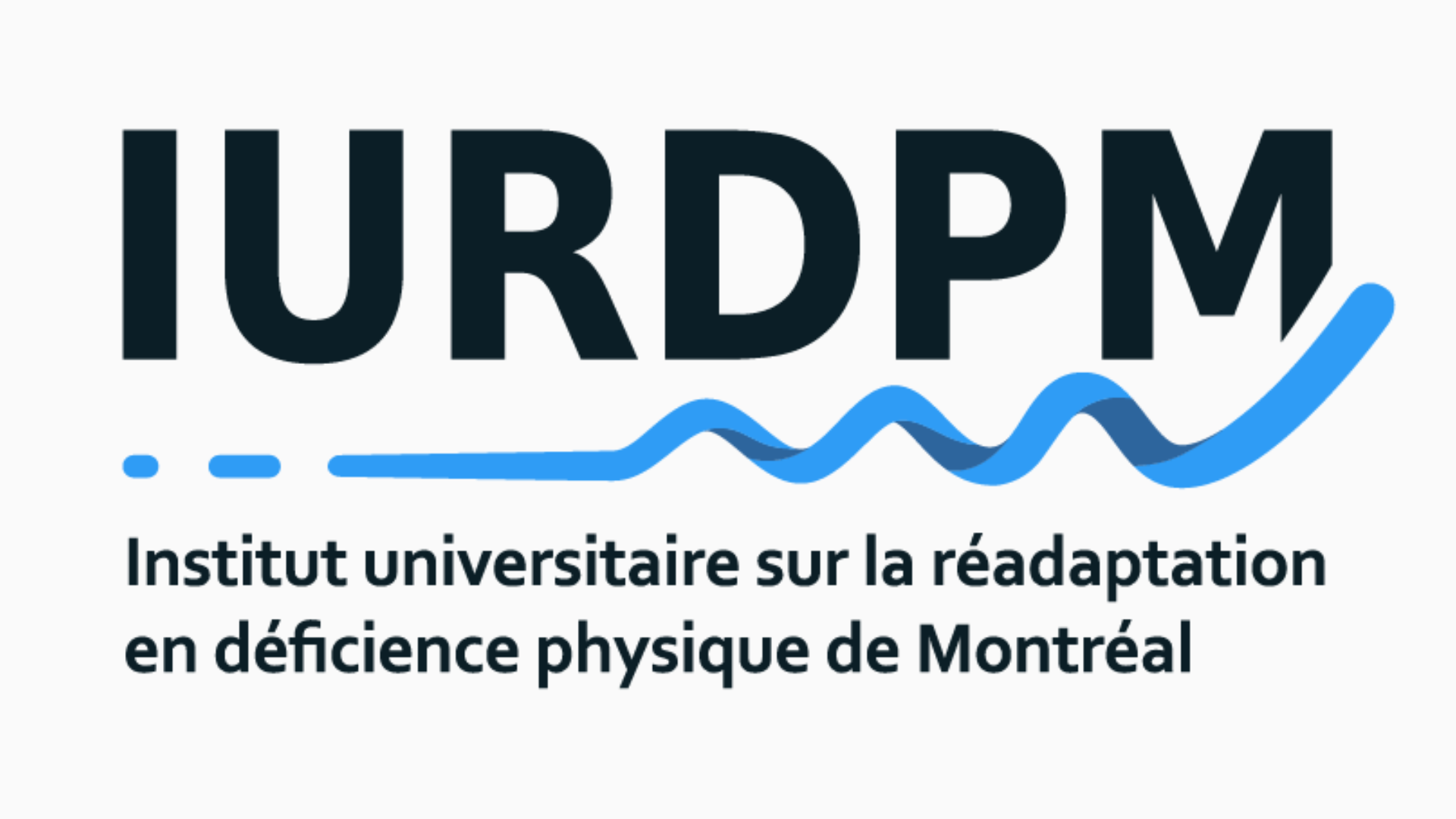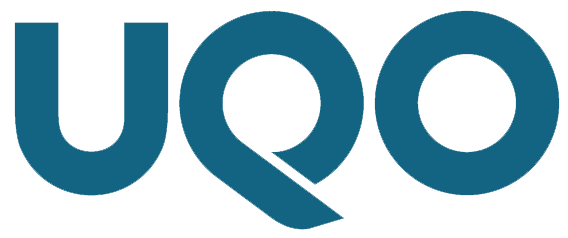Voice and Media
Voice and Media was born out of a need: a need to better understand, represent, and bring visibility to the experiences of people with communicative differences. Too often, these experiences are framed only through the lens of “problems,” “disorders,” or “deficits.” Yet what we see, hear, and show also shapes what we feel, what we believe is possible, and who we become.
« You can’t be what you can’t see. »
— Marian Wright Edelman
Our Team
Voice and Media is supported by a constellation of allies, researchers, professionals, and creators who contribute to the project at various stages.
Some offer their perspectives, expertise, or logistical or institutional support. Others provide the intellectual, clinical, or artistic foundations of this collaborative and interdisciplinary approach.
Here, we introduce the people who orbit around the project, each in their own way.
Geneviève Lamoureux
Geneviève Lamoureux is a PhD candidate in speech-language therapy and audiology at Université de Montréal. As a person who stutters, her research focuses on reducing stigma related to stuttering. As part of her work, she has initiated the creation of new media representations of stuttering, notably by producing Le public, c’est nous (We are the audience, scheduled for release in November 2025), a collaborative short film developed with several partner organizations. The Voice and Media Festival is a continuation of her doctoral project, a space for creation, dissemination, and collective reflection.
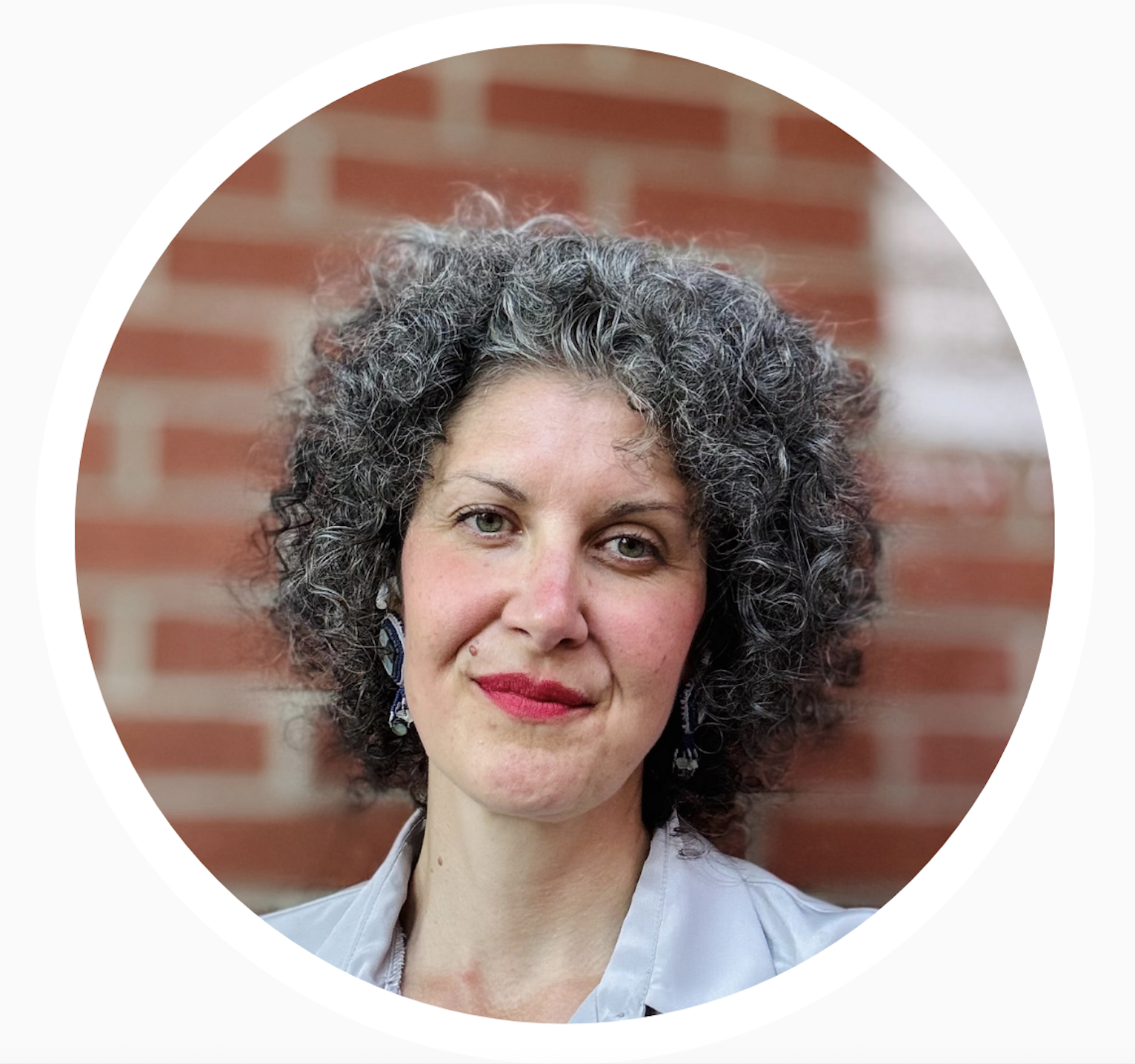
Ingrid Verduyckt
Associate Professor in speech-language therapy at the Université de Montréal, Ingrid Verduyckt, Ph.D. (she/her), leads the Laboratoire d’Innovations en orthophonie (Innovations in Speech-Language Therapy Lab), a research space focused on the social participation of people living with communication differences. A researcher at the CRIR and co-chair of the organization Vocavie, she is committed to interdisciplinary and inclusive approaches where the voices of those directly concerned are central.

Santiago Hidalgo
Professor of Film Studies at the Université de Montréal, Santiago Hidalgo (he/him) is the director of the Labo CinéMédias, an intersectoral research space focused on media forms, technologies, and the spectator experience. His work explores filmic consciousness, audience reception, and the therapeutic potential of cinema. He is interested in how images affect us, shape us, and can contribute to a more inclusive and accessible society.
Rosalie Carignan
Head of audiovisual production and coordinator at the Labo CinéMédias, Rosalie Carignan (she/they) holds a master’s degree in film from the Université de Montréal. Their work explores issues of representation and social justice in cinema from a feminist perspective. Rosalie is particularly interested in how cinematic works can serve as a vehicle for expression by and for marginalized groups.

Aidan Sank
Aidan is the co-Founder and Executive Director of SPACE, a nonprofit creating more space for stuttering. He has been collaborating with the stuttering community as an ally for almost 15 years, and worked for over a decade in New York City as theater-maker, and arts educator. Aidan is grateful to the many, many people who stutter who have taught how to truly listen and communicate. He lives in Vancouver, BC.

Take Courage
Take Courage is the socially engaged design practice of Bart Rzeznik and Conor Foran. They design printed matter, develop websites and manage projects for education, care and culture. Since 2021 they have worked internationally with roots in London, collaborating with artists, producers, galleries, educators, academics and researchers. They are the creative minds behind the festival’s visual identity.
Lucie Ménard
Vice-Rector of Research, Creation, and Dissemination at UQAM, Lucie Ménard, Ph.D. (she/her), is also an affiliated researcher at CHU Sainte-Justine. She co-directs the Research Center on Language, Mind and Brain (CRLEC-UQAM) and leads the VirtuOR initiative, which explores the use of virtual reality to support the empowerment of young people who stutter. Her work brings together immersive technologies, experimental linguistics, and critical reflection on vocal diversity and its representations.

Lisandre Labrecque-Lebeau
A disability sociologist, Lisandre Labrecque-Lebeau, Ph.D. (she/her), is a practice-based researcher at CREMIS and an associate professor at the Université du Québec en Outaouais. Her work focuses on social normativity and the ways it manifests in everyday life, through interactions, emotions, and discourse. She draws on qualitative approaches to examine representations of disability and explore alternative practices of recognition and participation.

Daniel Martineau
A master’s student in computer science at the Université de Montréal, Daniel Martineau (he/him) is a developer specializing in big data processing. He holds a bachelor’s degree in computer engineering and has six years of professional experience in programming. Alongside his main path, he explores web development out of curiosity and a passion for discovering new technologies. He is the creator behind the Voice and Media Festival website.
Thomas Carrier-Lafleur
A research professional and lecturer at the Université de Montréal, Thomas Carrier-Lafleur is Associate Director and Research Coordinator of the Laboratoire CinéMédias, as well as Scientific Coordinator of the cinEXmedia partnership. From an intermedial perspective focused on the screen-based transposition of literary texts, his research explores French and Québécois literature as well as Québécois cinema. He is also co-editor of Nouvelles vues : revue sur les pratiques, les théories et l’histoire du cinéma au Québec and of the Observatoire du cinéma au Québec.

André Habib
Full professor in the Department of Art History, Cinema, and Audiovisual Media at the Université de Montréal, André Habib is interested in experimental cinema, film archives, and the materiality of images, including educational, scientific, and medical films about communication disabilities (HdlC). His work explores forms of found footage, media archaeology, and issues related to the preservation of film archives, through an approach that blends historicity, critical cinephilia, and research-creation.
Our Partners
The Voice and Media Festival comes to life thanks to a network of dedicated partners. Each one, in their own way, helps bring this space for exchange, creation, and reflection into being. Their expertise, concrete actions, and presence support a vibrant program rooted in the realities of the communities concerned.
Through collective advocacy, listening equity and creative expression, SPACE models what inclusive communication can look like and offers tangible pathways for building it.
Their offerings include public advocacy to challenge stigma, listening workshops to shift communication norms, and Community and Arts programs for youth and young adults who stutter,
SPACE is building a world that listens better to people who stutter, and everyone else.
The Association des jeunes bègues du Québec (AJBQ) is a community organization that supports young people who stutter, from ages 0 to 17, as well as their families. Through workshops, an annual summer camp, educational resources, and spaces for sharing, AJBQ promotes a caring and inclusive approach to stuttering. It helps amplify the voices of the young people concerned while fostering their confidence and empowerment.
Association bégaiement communication (ABC) is a community-based and charitable organization founded in Montréal in 1985, dedicated to supporting adults who stutter and raising public awareness. It offers peer support spaces, discussion groups, resources, and educational initiatives to foster the personal, social, and professional development of people who stutter. ABC is guided by values of respect, commitment, and openness, and works to promote the inclusion of people who stutter in all areas of society.
Théâtre Aphasique is a non-profit organization dedicated to the rehabilitation and social reintegration of people living with aphasia, through drama workshops and public performances. All of its activities aim to make art accessible through socially engaged creations that open up spaces for expression, solidarity, and awareness around aphasia.
Vocavie is a non-profit organization dedicated to promoting the social participation of people living with communication disabilities. Founded in 2021 around a program of group workshops for people living with Parkinson’s disease, Vocavie now also develops initiatives that address communication diversity in a broad sense.
In addition to its clinical and community-based activities, the organization serves as a driving force for cultural and research projects that rethink our relationships to voice, speech, and representation.
Labo IV (Laboratory for Innovations in Speech-Language Therapy) is a collaborative research space led by Ingrid Verduyckt at the Université de Montréal. United by a shared commitment to improving the social participation of people living with communication differences, students, clinicians, and researchers work together to develop innovative projects, including clinical tools, immersive technologies, and artistic approaches. Labo IV embodies a contemporary vision of speech-language therapy: interdisciplinary, inclusive, attentive to lived experience, and grounded in co-creation.
The Labo CinéMédias, affiliated with the Université de Montréal, is an interdisciplinary research center dedicated to film and media studies. It explores filmic consciousness, cinema technologies, and viewing practices, while also developing innovative initiatives such as GRAFIM, TECHNÈS, and the Observatoire du cinéma au Québec. The lab is also committed to making research accessible: open-access publications, cultural activities, and educational projects help foster a dynamic exchange between academic knowledge, artistic practices, and diverse audiences.
The Disability Screen Office (DSO) is a national, bilingual, disability-led not-for-profit organization whose mission is to develop opportunities for disabled creatives and advocate for a more accessible Canadian screen industry. Through our partnerships and programs, we’re setting a new national standard for inclusive screen-based storytelling.
The first interdisciplinary clinic in Quebec dedicated exclusively to stuttering and cluttering, the Clinique spécialisée en bégaiement et bredouillement offers services in speech-language therapy, social work, and psychology. These services are available for children, adolescents, and adults, either in person in Bromont and Sherbrooke or online throughout Quebec. Through online training, professional mentoring, and collaborations with the community sector, the clinic contributes to advancing knowledge, diversifying approaches, and supporting people who stutter or clutter.
A welcoming and community-minded space nestled in the heart of Parc La Fontaine in Montreal. A not-for-profit social enterprise, Robin des Bois has been working since 2006 to address isolation, poverty, and loneliness by supporting social reintegration. More than just a café-bar, it is a lively venue for cultural and community events, such as musical evenings, a summer camp for youth, and drag brunches. We warmly thank Le Chalet Robin des Bois for hosting our festive evening on November 8.
Also with the valuable support of…
